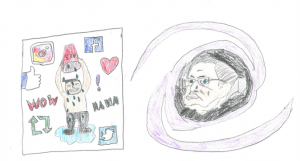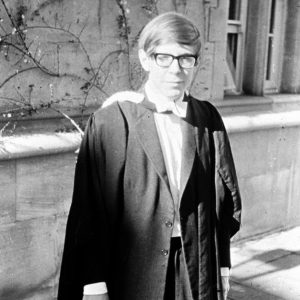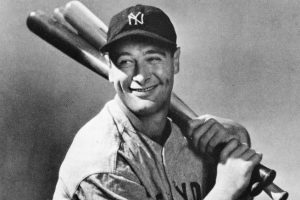
“Hi I’m Sally and I’m about to do the ALS Ice Bucket Challenge. I’m going to nominate my three friends Jimmy, Johnny, and Hank to do the challenge as well. Do the challenge and donate to a research center in your area. Good luck!”
I’m sure we are all very familiar with this type of post. It was all over social media in 2014. For a while it was almost like you couldn’t even go online without seeing these posts littering your timeline or page. “The ALS Ice Bucket Challenge was a tremendous event in our Association’s history, raising f$115 million in the summer of 2014. Not only did it bring awareness to this devastating disease, it importantly spurred a huge increase in our research budget.” This is what was said in a statement by the ALS Association. I agree with them that it raised lots of awareness about this devastating disease, but what I think was really lacking was a knowledge of what was really happening.
http://www.alsa.org/fight-als/ice-bucket-challenge.html
What is ALS?
ALS is a fatal motor neuron disease characterized by degeneration of upper and lower motor neurons. The symptoms of ALS are initially quite varied in people, with some people having trouble gripping things and others have sudden voice cracks. Eventually these symptoms can begin in the vocal muscles as well as in the hands, arms, legs, and feet. As it progresses, progressive muscle weakness and paralysis are experienced by all suffering from ALS. However, since ALS only attacks motor neurons, these people maintain their senses of sight, touch, feeling, taste, and smell, while being confined to their body being unable to move.
https://www.ncbi.nlm.nih.gov/pubmed/27150074
http://www.alsa.org/about-als/symptoms.html
What happens in ALS?
In individuals with ALS, there is some sort of oxidative damage caused by oxidative stress. This oxidative stress leads to damaged mitochondria, protein aggregation, and impaired autophagy. There is then a mutation in several proteins that bind RNA such as FUS and TDP43.
What are some treatments for ALS?
There are several treatments used for ALS, but it is ultimately lethal so these treatments are aimed at controlling symptoms, preventing unnecessary complications, and make living with the disease easier. These treatments are:
- Medications:
- Rilutek: decreases glutamate and reduces damage to motor neurons
- Radicava: slows decline of daily functions
- Pain medications, sleeping pills, and antidepressants
- Physical therapy: prevent quick muscle deterioration
- Speech therapy: computer-based speech synthesizers, eye-tracking technology
- Nutritional support: feeding tubes, meal plans
- Breathing support: respirators, oxygen masks, and breathing techniques
Much more research is needed to help improve these treatments so they target the source of the disease rather than just lessening of many of the symptoms caused by ALS.

 Above are Stephen Hawking and Lou Gehrig, two of the most famous people to have suffered from ALS. There are approximately 30,000 Americans living with ALS in the United States today.
Above are Stephen Hawking and Lou Gehrig, two of the most famous people to have suffered from ALS. There are approximately 30,000 Americans living with ALS in the United States today.
https://nypost.com/2016/05/21/whatever-happened-to-lou-gehrigs-bats/
https://usefulstoooges.com/2018/03/27/stephen-hawking-a-brilliant-scientist-a-flawed-man/
This brings me back to the Ice Bucket Challenge. I think in the future if there is some sort of foundation that is raising money by doing an event like this I would like to see it focus more on educating people of what is going on with the disease, giving money to research, and caring for those who have it, rather than just looking up funny videos of their friends trying out the challenge. This did a great job of bringing both awareness to the disease and money, but I feel like more attention was given to those who did the challenge. In the future hopefully we can both understand this disease better and ultimately treat or cure it.
http://www.alsa.org/news/media/quick-facts.html